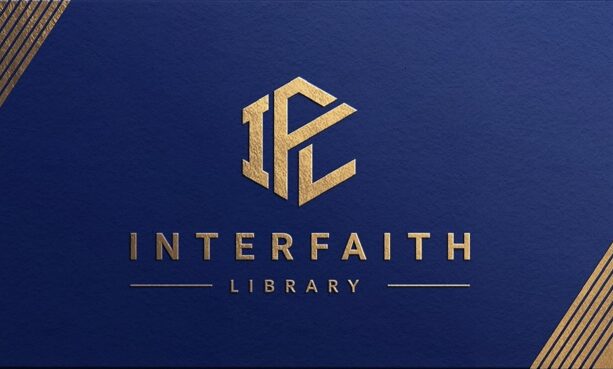I CAN LIST (7) SEVEN REASONS FOR DENOUNCING ATHEISM
I’ve written many articles, propagating and promoting an adherence to divine obedience. Much of which was Islamic based and/or motivated. But that’s simply because I’m a Muslim academic. Nevertheless, I have a very strong respect for the other two Abrahamic religions. There is only ONE God, so there is only ONE true word…(which has been interpreted many different ways).
- Religion Is Simply About Morality, Not Creation Myths
Often the origin of the earth and of man plays a central role in the science versus religion debate. There are jokes about cave men riding dinosaurs, deep concerns about our children being exposed to the idea of intelligent design, and disdain thrown upon those who question the almighty power of science. But, frankly, creation, while fascinating, is not the most important aspect of the atheist critique of religion. Morality is. The means by which the earth was made plays an insignificant role in our daily lives. Moral choices, on the other hand, are made every day, and they have long, lingering effects.
- Religion Is the Foundation of All Morality, Not Merely an Expression of It
I personally think he is absolutely right in one regard. All of us, whether atheist, agnostic, or a member of a religion, practice morality based on religion. Without religion there would never have been morality.
There was no peaceful, Adamite paradise of moral choice which religion sullied millennia ago. Before religion, there was murder and rape and all manner of horrors just as there are today. It was religion that first sought to constrain human actions through a moral code, not science. The same credulity and servility that led Russia to support Stalin leads us to believe that right differs from wrong and that we must choose (or serve) that which is right.
- Religion Was the Foundation of Society, Not an Addition to It
In his insightful essay, “Primitive Religion and the Origin of the State” philosopher Marcel Gauchet goes a step farther, arguing that without religion there would be no state. He writes that “by going back in time to the religious tie between supernatural founder-givers and human heirs-debtors, we can elucidate the system of primitive links that produces the social space.” It was this debt to supernatural, irrational powers that created the very notion of acting in accordance with what is good. Whether all, or some, or none of the admonitions in Leviticus or the Koran are really moral is beside the point. They are part of humanity’s search, stretching to the invisible past, for guidelines or maxims that produce good actions and the structures to encourage them.
- Atheists Do Believe
The question most often posed to atheists who complain about the presence of the Ten Commandments or a creche in public spaces is, “Since you don’t believe, why does it bother you so much?” This is the wrong question. The right question is, “Since you do believe, why does it bother you so much?” Because most atheists do believe, and I stress the word BELIEVE, that they are capable of understanding right from wrong. They provide no scientific justification for such a belief because no such scientific justification exists.
- Science Can’t Teach Us Right from Wrong
Even if it were proven that there is a “generosity gene” or that there are evolutionary advantages to cooperative behavior, such things would not inform us how to act in a given situation. The activation of a gene or the selfless actions of our ancestors may well provide a subconscious impulse for moral action, but that impulse must still be translated to the conscious mind. Upon finding a $20 bill on the floor, we must still decide whether to keep it or look for its previous owner based on stories we tell ourselves. Science cannot tell us these stories, and the moment it tries to it becomes religion.
- Religion Complements Science, It Doesn’t Oppose It
- Ignorance of Religion Is Ignorance of History, For Atheists and Everyone
The systematic removal of religious texts, practices, and imagery from our public lives is not a worthy goal. When the Ten Commandments are placed on a wall, nobody believes they are the actual tablets Moses brought down from Sinai’s mount. They are a representation of an ancient message that one can believe is sacred or secular but that one cannot claim is insignificant. It is possible to encounter and explore a religious text without imbuing it with supernatural significance. Harold Bloom does just that in his insightful “The Book of J,” which explores the work of one Old Testament writer through the lens of literary criticism.
In closing, for you individuals, who are less religious, here is a more scientific understanding of God’s Existence. This is only presented for those who want something more scientifically conclusive and less theological.
https://youtu.be/JCopSrEYmAg

Hi there. I just wanted to say that I think that everyone viewing your site is getting so much more than anticipated from this website. Your views are profound and especially good for new viewers and genuine religious knowledge seekers. Keep up the good work and keep pumping out the informative info.